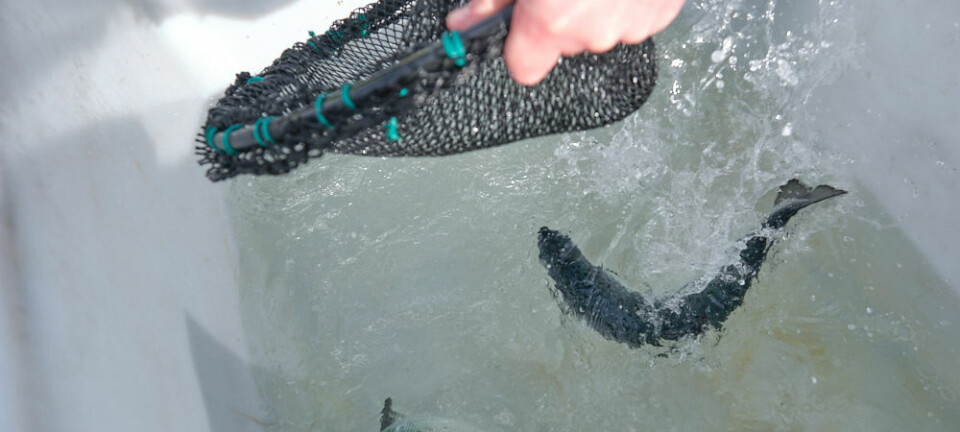
‘Fish key to combating world hunger crisis’
WorldFish, the body which aims to enhance the sustainability, productivity and access to fish in the developing world, has highlighted the “significant evidence” to support the case for aquaculture and fish as a crucial part of national and global efforts to improve nutrition and food security.
In a statement to mark World Food Day today, WorldFish director general Gareth Johnstone pointed out that after a period of decline, world hunger and malnutrition are on the rise again, due to factors including conflict, extreme weather events linked to climate change, and economic slowdown.
The number of undernourished people – those facing chronic food deprivation – increased from 804 million in 2016 to 821 million last year.
He added that 2 billion people worldwide suffer from hidden hunger, or micronutrient deficiencies, caused by not eating a diverse diet.
Act on evidence
But Johnstone added that there were reasons to be positive, if nations, sectors and professions work together and act on evidence.
He said that evidence included:
- A new study from Zambia showing that children who consume fish are less likely to be stunted.
- A story on the success of the USAID-funded rice-field fisheries project in Cambodia, which is working to sustainably increase the productivity of rice-field fisheries.
- A major partnership with FAO and Duke University to build on WorldFish’s 2012 research on the often ‘hidden’ (unreported) contribution of small-scale fisheries to the livelihoods of millions and the nutrition of billions.
- A blog post by nutrition specialist Molly Ahern, who travelled to Malawi and Zambia to test the acceptability of nutrient-rich fish powder through cooking demonstrations and sensory evaluations of dishes prepared from locally adapted recipes.
- A video interview with Shakuntala Thilsted, WorldFish's value chains and nutrition program leader, on the role of fish in a nutritious diet.
- A multimedia Exposure story to highlight some of the organisation’s novel, nutrition-sensitive fish production and consumption technologies.
Johnstone said: “Fish are rich in vitamin B12, calcium, iron, zinc, fatty acids and animal protein, and some small fish are especially rich in vitamin A. When consumed as part of a meal, fish can increase the absorption of iron and zinc from other foods.
“Essential fatty acids, which are only found in fish, are critical for pregnant and lactating women and young children, as they are vital for cognitive development in the first 1,000 days of life.”
He concluded: “Reversing the trend of rising hunger will only be achieved by partnering with the communities, research innovators, entrepreneurs and investors who give fisheries and aquaculture their dynamism and promise.”























































